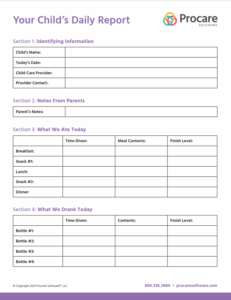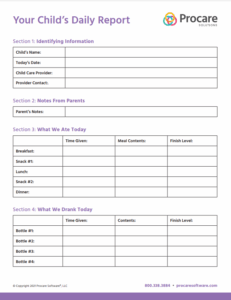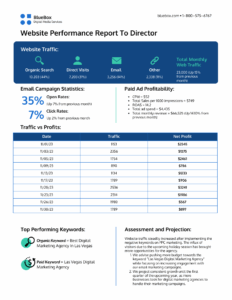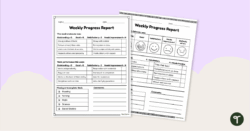As parents, we all want to stay connected with our children’s experiences, especially during those foundational years at preschool. It is a time of immense growth, discovery, and learning new things every single day. Yet, sometimes the details can feel a bit elusive, turning the question “What did you do today?” into a simple “Nothing” or “I played,” leaving us wondering about the specifics of their development and daily adventures.
That’s where a clear and concise communication tool becomes invaluable. Imagine having a window into your child’s week, understanding not just what they did, but how they are progressing across various developmental areas. This insight empowers parents to support learning at home and reinforces the partnership between home and school, ensuring a consistent and nurturing environment for little ones.
A well-designed preschool weekly progress report template is more than just a form; it is a bridge. It helps educators share meaningful observations and highlights, making it easier for families to track milestones and address any areas that might need a little extra attention. It transforms anecdotal stories into structured, valuable feedback that truly makes a difference in a child’s early education journey.
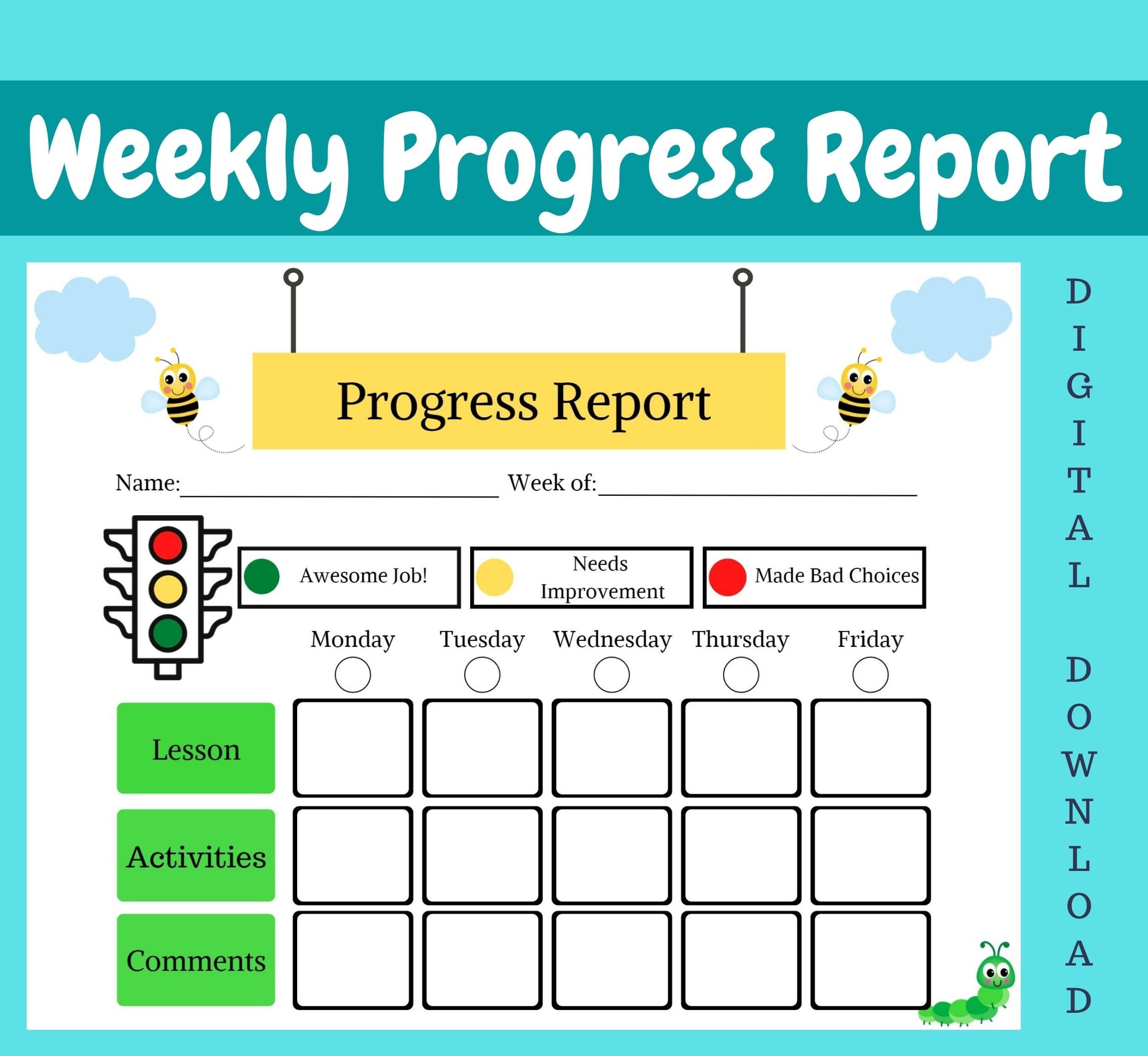
Why a Preschool Weekly Progress Report Template is a Game-Changer
Let’s face it, the world of early childhood education is dynamic and full of tiny, yet significant, moments. For educators, managing a classroom full of energetic preschoolers while also trying to meticulously document each child’s individual progress can be quite a juggling act. This is precisely where the power of a standardized template shines through, streamlining the process and ensuring no important detail is overlooked.
For parents, receiving regular updates through a consistent preschool weekly progress report template brings a sense of comfort and involvement. It moves beyond a quick chat at pick-up time, offering a comprehensive overview of how their child is engaging with peers, mastering new skills, and developing their unique personality within the classroom setting. This detailed feedback can highlight strengths to celebrate and areas where additional support might be beneficial, fostering a proactive approach to their child’s learning.
From the educator’s perspective, these templates are fantastic organizational tools. They provide a structured framework to observe and record progress in key developmental domains without having to reinvent the wheel each week. This consistency not only saves valuable time but also ensures that every child receives equitable attention in terms of progress monitoring, allowing teachers to identify trends and adapt their teaching strategies accordingly.
Beyond daily activities, these reports truly help in tracking a child’s developmental journey over time. Are they starting to share toys more readily? Have their fine motor skills improved enough to hold a crayon correctly? Are they expressing themselves more clearly? A regular report provides a chronological record that can be incredibly useful for parent-teacher conferences and for understanding the broader arc of a child’s growth and learning in preparation for kindergarten.
Ultimately, implementing a reliable progress report system cultivates a stronger school-home partnership. When both parties are well-informed and working towards common goals, the child is the ultimate beneficiary. It creates an environment where communication is clear, expectations are transparent, and everyone feels like an active participant in nurturing the child’s potential.
Key Sections to Include in Your Template
When you are thinking about what makes a really useful report, it is all about covering the crucial areas of early childhood development. A good template will offer categories that allow for both quantitative and qualitative observations.
- Social and Emotional Development: How is your child interacting with others? Are they sharing, taking turns, expressing emotions appropriately, or showing empathy?
- Cognitive and Language Development: What new concepts are they grasping? Are they counting, recognizing letters, solving simple problems, or expanding their vocabulary and speaking in more complex sentences?
- Fine Motor Skills: How are they handling small objects? Think about their ability to use scissors, build with blocks, hold a pencil, or button their coat.
- Gross Motor Skills: Are they running, jumping, balancing, or climbing? This section covers their large muscle movements and coordination.
- Self-Help and Adaptive Skills: How independently are they managing personal tasks like washing hands, putting on shoes, or cleaning up after themselves?
- Special Notes or Observations: This is a flexible space for teachers to add personalized comments, highlight a particularly proud moment, or mention anything unique about the child’s week.
Crafting an Effective and Engaging Report
Beyond simply having a template, the way you fill it out truly makes a difference. An effective report isn’t just a checklist; it’s a narrative that paints a clear picture of a child’s week. Educators should aim for specific, actionable observations rather than vague statements. Instead of “Child played well,” try “Liam happily shared his building blocks with Maria, engaging in collaborative play for 15 minutes.” This kind of detail gives parents much richer insight.
The language used should be positive and encouraging, even when addressing areas for growth. Frame challenges as opportunities for development, and always highlight a child’s unique strengths and efforts. Remember, these reports are a conversation starter, not a definitive judgment. A friendly and supportive tone fosters trust and collaboration between home and school, making parents feel like valued partners in their child’s education.
Consistency is key. Regular weekly reports, delivered on a predictable schedule, help establish a routine and ensure parents are consistently informed. While the template provides structure, don’t be afraid to add a personal touch. A handwritten note or a quick anecdote about a funny moment can make the report feel even more personal and special, reinforcing the unique bond between the child, teacher, and family.
Embracing a structured approach to weekly progress reporting can profoundly enhance the early learning experience for everyone involved. It builds a stronger communication bridge between educators and families, ensuring that every child’s journey through preschool is not just observed but truly understood and celebrated. This shared understanding forms the bedrock of a successful educational foundation, setting the stage for lifelong learning.
Ultimately, a detailed and thoughtful report serves as a cherished keepsake, a tangible record of those fleeting but incredibly important early years. It’s a testament to the growth, the giggles, and the monumental steps a little one takes each week, offering valuable insights that extend far beyond the classroom walls and into the heart of the family.
